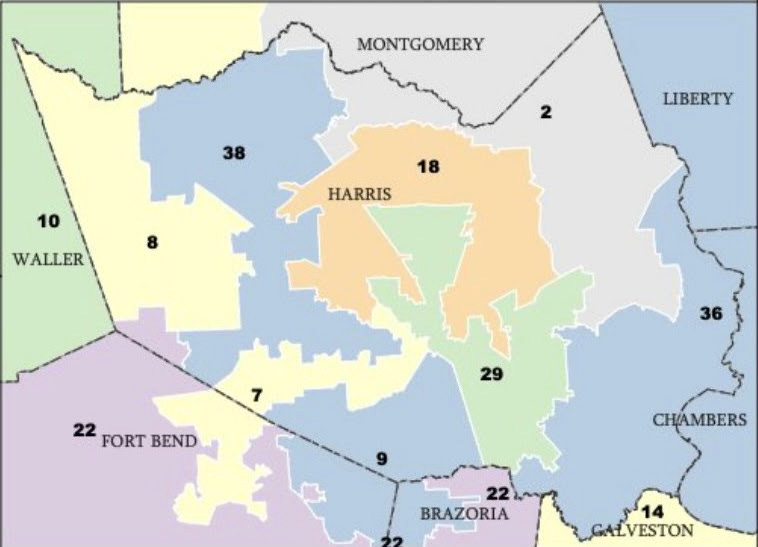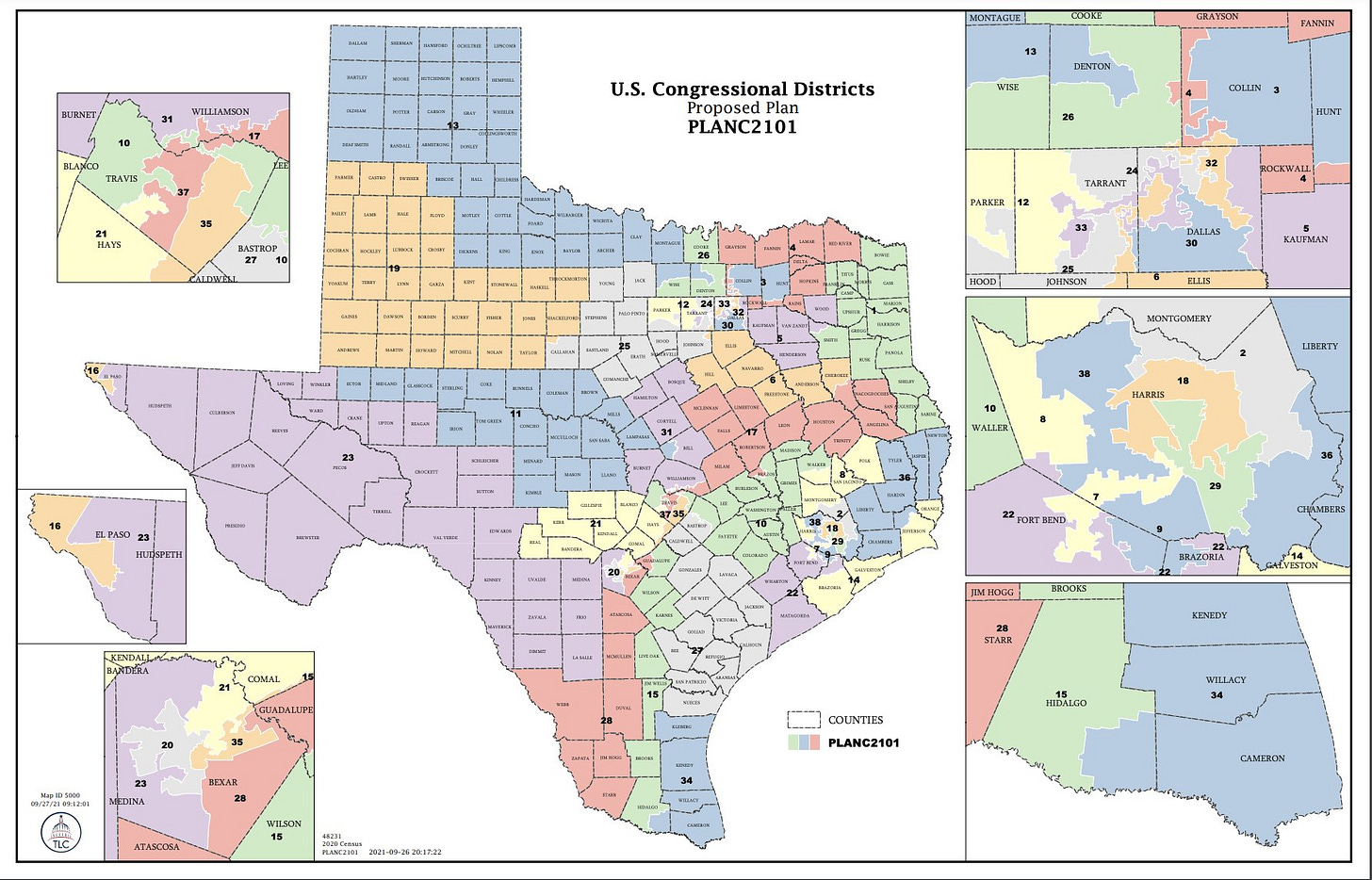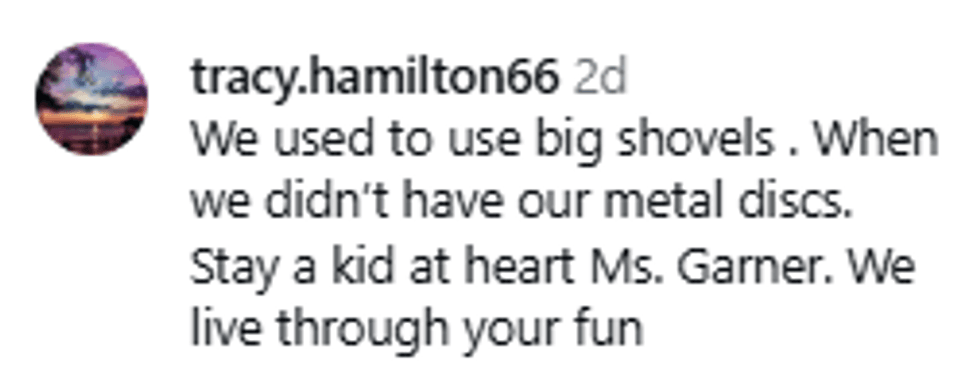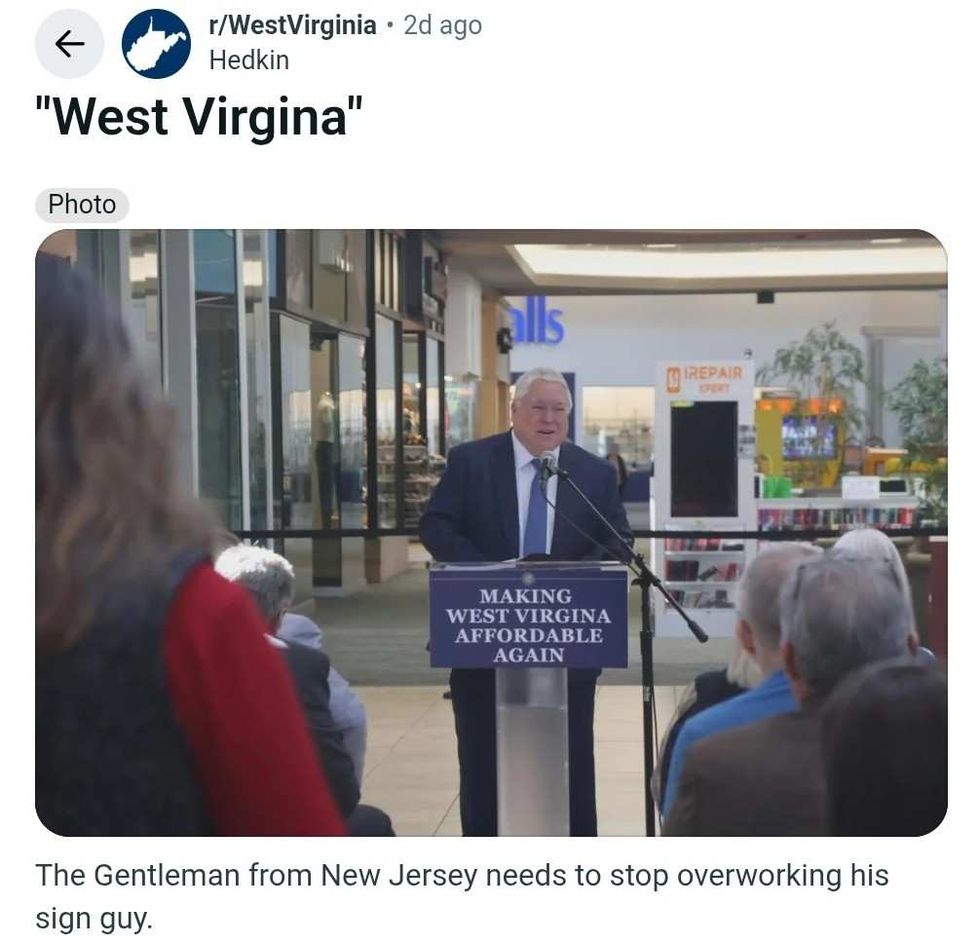Democrats have been wringing their hands for months awaiting the near-certain partisan gerrymander in Texas after the 2020 census, which added two House districts to the traditionally Republican-voting state. Many wondered exactly how bad the national map would look after Texas, which is controlled completely by the GOP, went full tilt with more of their snaking, twisting Congressional district maps. After the first proposed GOP-drafted map of Texas districts came out yesterday, there's both good news and bad news.
The Good News
Republicans apparently were so spooked by the prospect of rising Democratic strength in the state that they spent all of their energy drawing districts in a way that protected their Congressional delegation incumbents even more heavily. But to make safe seats for the GOP representatives, they had to make some more safe seats for Democrats, too.
The net result is that the much-feared additional advantage in Congress that Republicans might have enjoyed from Texas didn't materialize, at least not under this first proposed map. The old map had resulted in a 23-13 advantage for the GOP in the 36-seat Texas House of Representatives delegation. Twelve of those seats actually became fairly competitive over the last ten years due to demographic shifts such that by 2020 many of those 23 GOP seats were no longer considered "safe."
In the new proposed map, however, the number of safe GOP seats would rise from 11 to 22, with a trade-off of the number of safe Democratic seats also rising from 8 to 12. That leaves one remaining seat leaning Dem and another two leaning Republican, and only one toss-up seat.
If all were to go as expected for the GOP, the final House delegation breakdown in 2022 would be 24-13 with one toss-up. As a result, at most the GOP could gain 2 House seats in Congress from Texas. But if the toss-up went the Democrats' way, the current 10-seat spread would remain the same at 24-14, with each side gaining one seat.
The GOP couldn't manage to eke out more of a net gain because it already had gerrymandered the state as far as it apparently can go. And even if it gains two seats in 2022, those seats could be offset by a +2 gain in Dem seats in the blue states of Oregon and Colorado, which gained one new seat in Congress each. (Efforts to gerrymander Florida, Georgia and North Carolina may be countered by a New York partisan gerrymander that could deliver 3-5 new Democratic districts, depending on how aggressive the Democratic legislative supermajority in that state is willing to be.) This could mean the midterm odds for Democrats retaining the House in 2022 will start out more or less where they are today, meaning without the additional 6 to 13 seat tilt to the GOP expected from gerrymandering.
The Bad News
Almost all the growth in population in Texas came from communities of color. Specifically, the census numbers indicate that minority population growth accounted for 95 percent of the state's growth. But you wouldn't know it from the proposed map. The state added 11 new Latino residents for every new white resident, yet the proposed map doesn't create any new Hispanic majority-minority districts—something that the Voting Rights Act (or what's left of it) actually still requires. The new map also actually diminishing Black voting power, despite the number of new Black residents outpacing new white residents by a factor of three.
The GOP map achieves this by packing Democratic voters more heavily together in major urban areas while studiously avoiding the inclusion of suburban voters with reliably GOP rural ones. As one analyst noted, the tortured drawing of these new districts means that "Texas' new 37th congressional district is 55 percent anglo, with only a quarter Hispanic" while "Texas' 38th congressional district is 50 percent anglo, with also only a quarter of the district being Hispanic."
The proposed map also throws two long-serving Black members of Congress—Reps. Sheila Jackson Lee and Al Green—into the same district in Houston. Here's a close-up on how the proposed map around Houston looks, with districts like 7 and 17 reaching in or curving around in order to preserve the result the GOP wants, leaving new District 38 looking like an hourglass:

The map packs and cracks minority votes so brazenly, however, that it is vulnerable to a lawsuit based on illegal racial gerrymandering. Indeed, voting rights advocate Marc Elias has threatened to sue Texas immediately in federal court if this proposed map is adopted. And while the Supreme Court has thrown up its hands over the issue of partisan gerrymandering, the law and the constitution still forbid unequal treatment of voters based on race.
Matt Angle, a Democratic consultant on redistricting, cited Tarrant County, home to Fort Worth, as an example where otherwise robust Black and Hispanic populations were divided, diluting their vote by pulling them into safely Republican districts. "I never expected the Republicans to put any of their own members at risk, but the method they use is to weaken minority voting strength," Angle said. If this goes so far as to comprise a racial gerrymander, the map could be thrown out and the courts could step in to draw the map, which could be disastrous for the GOP.
The proposed map may not ultimately survive in this form, either because of GOP tweaks to avoid court challenges or because of changes made by the courts themselves. But it does give an important glimpse into the mindset of the Texas GOP. They know that they are losing the demographic battle, and they fear the rapid and relentless blue-ification of the suburbs around major cities. Their response isn't to tailor their message to try and win more of these new voters but rather to openly rig the system against them through voter suppression laws and extreme gerrymandering.
There's only so much more weight the GOP can pre-load on their side of the scale. Over the next decade, shifts in voter composition could and likely will return statewide races to the Democrats, as we have begun to see in Georgia and Arizona. The GOP in Texas is fighting with trickery to shore up its political base, but it is one built on a rapidly eroding foundation.








 @jennifer.garner/Instagram
@jennifer.garner/Instagram @jennifer.garner/Instagram
@jennifer.garner/Instagram @jennifer.garner/Instagram
@jennifer.garner/Instagram @jennifer.garner/Instagram
@jennifer.garner/Instagram @jennifer.garner/Instagram
@jennifer.garner/Instagram @jennifer.garner/Instagram
@jennifer.garner/Instagram @jennifer.garner/Instagram
@jennifer.garner/Instagram @jennifer.garner/Instagram
@jennifer.garner/Instagram @jennifer.garner/Instagram
@jennifer.garner/Instagram @jennifer.garner/Instagram
@jennifer.garner/Instagram @jennifer.garner/Instagram
@jennifer.garner/Instagram @jennifer.garner/Instagram
@jennifer.garner/Instagram @jennifer.garner/Instagram
@jennifer.garner/Instagram @jennifer.garner/Instagram
@jennifer.garner/Instagram @jennifer.garner/Instagram
@jennifer.garner/Instagram @jennifer.garner/Instagram
@jennifer.garner/Instagram @jennifer.garner/Instagram
@jennifer.garner/Instagram @jennifer.garner/Instagram
@jennifer.garner/Instagram @jennifer.garner/Instagram
@jennifer.garner/Instagram @jennifer.garner/Instagram
@jennifer.garner/Instagram







 @ameliaknisely/X
@ameliaknisely/X WDTV 5 News/Facebook
WDTV 5 News/Facebook r/WestVirginia/Reddit
r/WestVirginia/Reddit WDTV 5 News/Facebook
WDTV 5 News/Facebook r/WestVirginia/Reddit
r/WestVirginia/Reddit r/WestVirginia/Reddit
r/WestVirginia/Reddit WDTV 5 News/Facebook
WDTV 5 News/Facebook r/WestVirginia/Reddit
r/WestVirginia/Reddit r/WestVirginia/Reddit
r/WestVirginia/Reddit WDTV 5 News/Facebook
WDTV 5 News/Facebook WDTV 5 News/Facebook
WDTV 5 News/Facebook